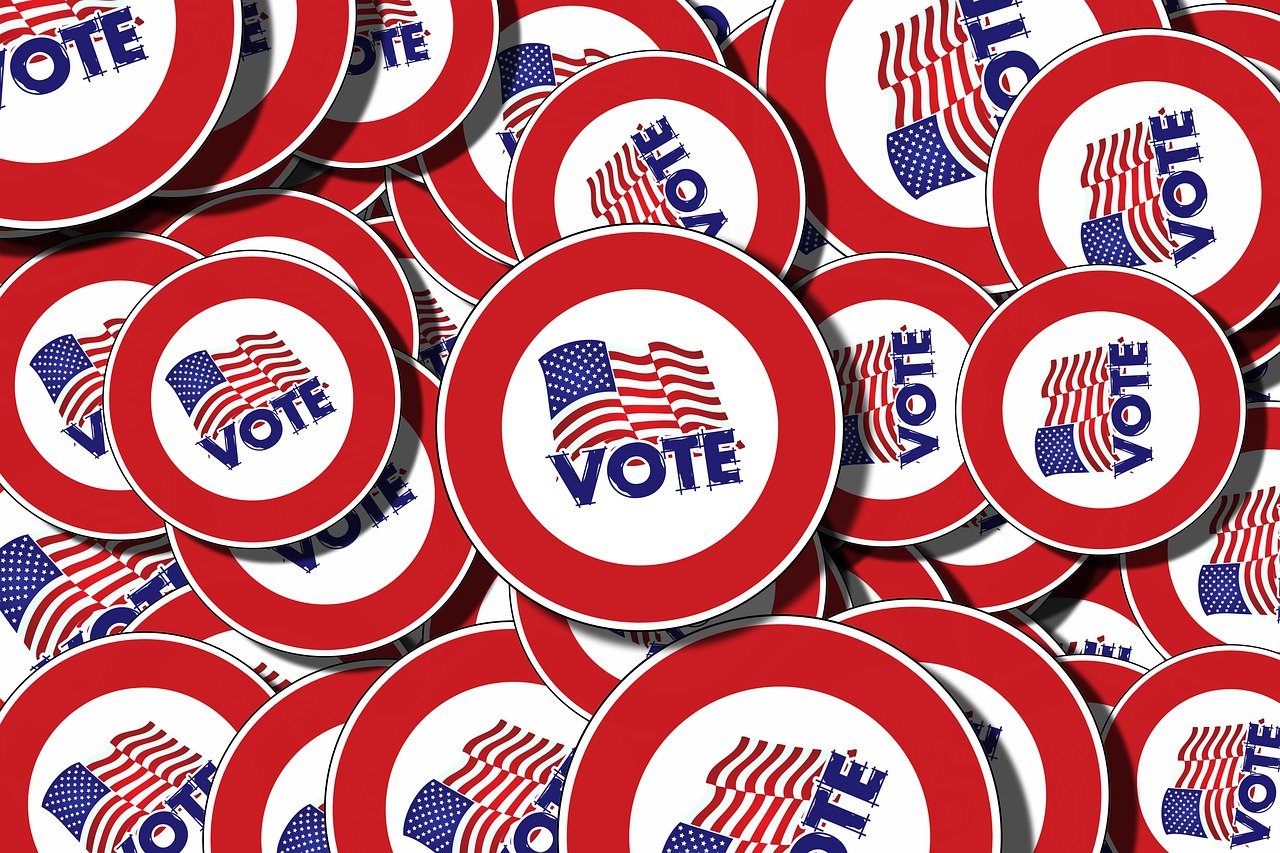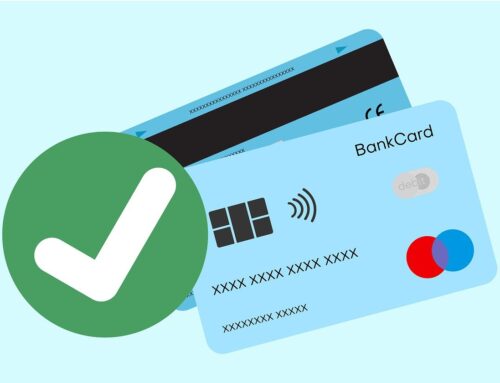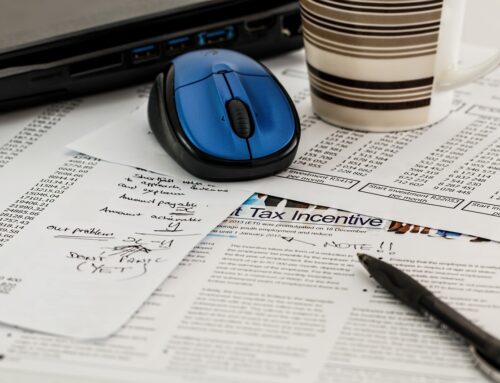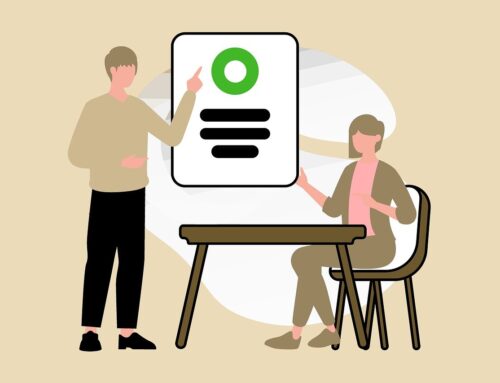
From the Philippines to the Polls: How a US Expat Votes in US Elections
Living in the Philippines doesn’t mean giving up your voice in US elections. For American expats, staying politically engaged from abroad is a powerful way to remain connected to home. Whether you’re nestled in the vibrant streets of Manila or soaking up island life in Cebu, you still have the right—and the ability—to cast your vote.
In this guide, we’ll walk you through the exact steps to vote from the Philippines, the options for returning your ballot, and how to overcome common challenges along the way.
Step One: Register and Request Your Ballot
To vote from abroad, you’ll need to register and request an absentee ballot. Here’s how to get started:
✅ Check Your Eligibility
You must be a US citizen and at least 18 years old by Election Day.
✅ Fill Out the FPCA
The Federal Post Card Application (FPCA) serves as both your voter registration and absentee ballot request. You can complete it online at the FVAP website.
✅ Submit the FPCA
Each state has its own rules, so check whether your state allows submission via email, fax, or postal mail. Follow the FVAP instructions specific to your state.
✅ Confirm Your Registration
Contact your local election office to make sure they’ve received your FPCA and you’re officially registered.
Step Two: Receive Your Ballot
Most states start sending absentee ballots 45 days before an election.
-
You may be able to choose email, mail, or fax delivery, depending on your state.
-
Watch your inbox or mailbox closely. If your ballot hasn’t arrived, follow up with your election office right away.
Step Three: Fill Out and Return Your Ballot
✅ Mark Your Ballot
Read all instructions carefully and follow them exactly. Mistakes could lead to your vote not being counted.
✅ Prepare Your Ballot for Return
Use the return envelope provided, and make sure to sign it (and have a witness, if your state requires one).
✅ Send It Back
Submit your ballot by mail, email, or fax—depending on your state’s allowed methods. Always allow plenty of time for it to arrive before the deadline.
Step Four: Track Your Ballot
Most states now offer online tracking so you can see when your ballot is received and counted.
-
Visit the FVAP site or your state’s election website to track your ballot.
-
If there’s a problem, follow up right away to resolve it.
Bonus Option: Drop Off Your Ballot in Person
If you’d prefer to hand-deliver your completed ballot, you can drop it off at these US diplomatic locations:
🇺🇸 U.S. Embassy in Manila
Address: 1201 Roxas Blvd., Manila
Hours: Monday–Friday, 8:00 a.m. to 3:30 p.m.
Ballot Box: Public entrance
🇺🇸 VA Regional Office in Manila
Address: 1501 Roxas Blvd., Manila
Hours: Monday–Friday, 7:30 a.m. to 3:00 p.m.
🇺🇸 U.S. Consular Agency in Cebu
Address: Waterfront Hotel, Lahug, Cebu City
Note: Ballots dropped here are forwarded to the Embassy in Manila via diplomatic mail pouch.
How to Prepare:
-
Complete your ballot according to your state’s instructions.
-
Seal it in the official postage-paid outer envelope (printable at FVAP.gov).
-
Double-check everything is filled out and signed correctly.
Mailing Your Ballot Instead?
If drop-off isn’t an option, you can still mail your ballot to your state’s election office. Make sure you send it with plenty of time to meet your state’s deadline.
Common Challenges—and How to Overcome Them
Voting from overseas isn’t always simple, but knowing what to expect helps a lot.
🛑 Problem: Late or Missing Ballot
Solution: Use the Federal Write-In Absentee Ballot (FWAB) as a backup. You can download it from FVAP.gov.
🛑 Problem: Confusing State Rules
Solution: Each state has different rules for deadlines, ID requirements, and return methods. Double-check your state’s instructions on the FVAP website.
🛑 Problem: Mailing Delays
Solution: Drop off your ballot at the Embassy or use a courier service with tracking. Avoid waiting until the last minute.
Final Thoughts
Voting while living abroad may take a little extra effort, but it’s worth it. As an American expat in the Philippines, your vote still matters—and you have every right to make it count.
Whether you’re planning to mail it, drop it off, or send it digitally, start early, stay organized, and take pride in participating from wherever you call home.
Your voice still counts—no matter how many miles away you are.

















